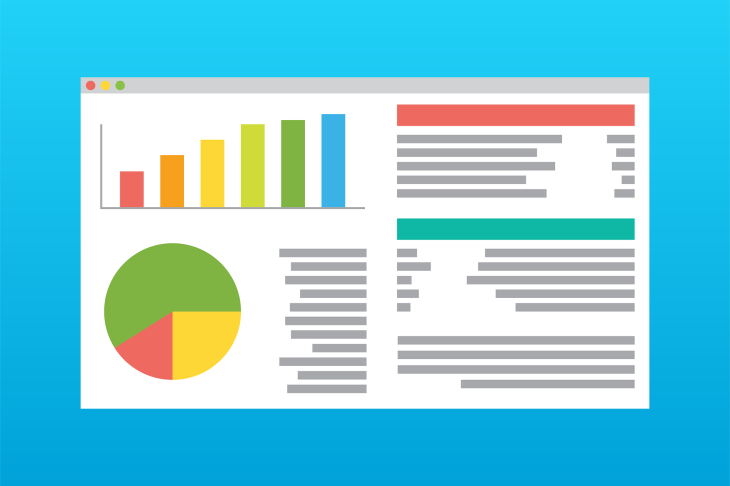Managing cash flow is a crucial part of running a business. It involves monitoring the flow of money into and out of your business and ensuring that you have enough funds to cover your expenses and invest in growth. As a business owner, it is important to understand the basics of cash flow management, but a bookkeeper will also help you see clearly what is coming into and going out of your business.
Here are five tips to help manage your cash flow:
Manage customer payments
Ensure you have your payment terms and date due on every invoice and make sure payments are received by the due date. Some businesses take advance payments, deposits or card payments before goods are released or services given. If you invoice after a job is done or goods are sent ensure your payment terms are adhered to. That sale is not complete until you are paid and you are providing enhancing your customer's cash flow rather than yours the longer you wait for payment.
If statements, payment reminders and telephone calls don't generate payment consider using a debt collector. They will take a small percentage of the amount owing in return for obtaining payment. They know the correct procedure and being once removed it takes the situation away from you.
Using a debtor collection company has worked well for businesses we work with.
Prioritise your supplier payments
Ensuring every bill you receive from your suppliers is recorded in your accounts software with a payment due date will enable you to keep track of what you owe and to who. Seeing all the bills in one place will help you to keep track of how much you owe as well as to prioritise your payments. Treat your suppliers well by paying them early or on time when you can and if you have a sticky patch they may be more willing to give you a bit of extra time. But don't just assume they don't mind late payment - talk to them.
In addition know what you are buying or paying for. Is it still a necessity?
Maintain cash reserves
It is important to have cash reserves on hand to cover unexpected expenses or save for taxes. If you are VAT registered the VAT you charge is not yours to spend so move it regularly (ideally every time someone pays you) into a separate bank account. Save for your tax payments too - it is a lot easier than hoping you will have enough in the bank when the time comes to pay.
Accounts software
We use Xero to manage our client's accounts and cash flow. All sales invoices and bills are recorded so we can see at a glance who owes and who is waiting for payment. Due dates are critical for planning payments and chasing up customers for payments. Accounts software will send automatic reminders to customers for payment and will send statements.
Payments to savings accounts for VAT and taxes are recorded so it can be quickly seen whether there are sufficient funds to make those payments.
Keep your accounts up to date
Using accounts software is only worthwhile if it is accurate and kept up to date. Using a bookkeeper may seem costly but the benefits will definitely outweigh the cost. An experienced bookkeeper will maintain your accounts on a regular basis, provide you with relevant reports, meet your deadlines for VAT, complete your year end accounts and liaise with your accountant and give you advice and support when you need it.
If you need some help with keeping your accounts up to date so you can manage your cash flow, get in touch with us to see how we can help you.

